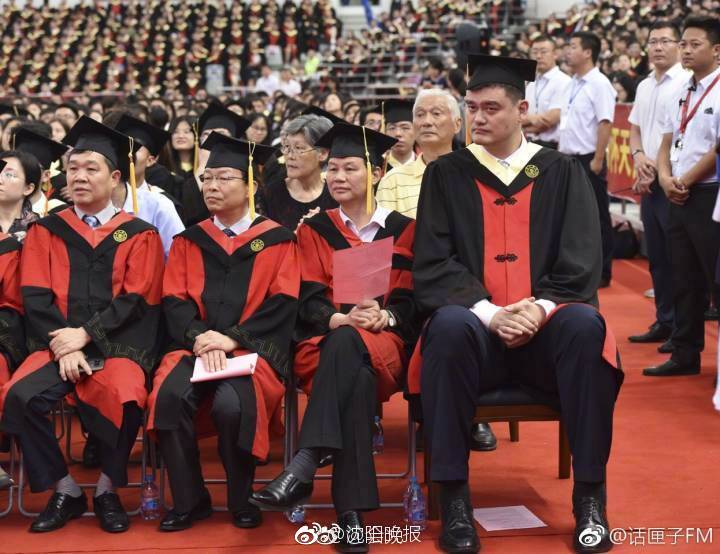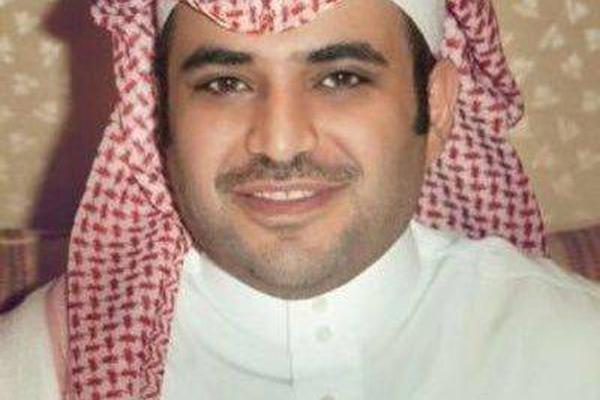Well that had to be sex iraq videothe oddest job-recruitment pitch ever streamed to YouTube.
Late Friday afternoon, Elon Musk took the stage to update the world on Neuralink — his effort to link the human brain to computers — and to implore engineers, animal care professionals, and robotics experts to join him. At the heart of the demo was a pig by the name of Gertrude, which he claimed has been linked up to some form of Neuralink for the past two months.
Repeatedly emphasizing that the goal of the presentation was recruitment, Musk described the Neuralink device as "a Fitbit in your skull, with tiny wires." Specifically, those tiny wires are one-twentieth the thickness of a hair, and 43 millimeters long. But it's possible to make them even longer to reach regions deeper in the brain, a Neuralink employee said.
Musk predicted that Neuralinks, "about the size of a large coin," would one day be implanted in humans in under an hour courtesy of a custom robot that is currently under development. He's talked about this before.
 The robot in question. Credit: Screenshot / neuralink
The robot in question. Credit: Screenshot / neuralink "I could have a Neuralink right now and you wouldn't know," Musk joked to the crowd. "Maybe I do."
The idea, as Musk framed it, is to one day be able to "solve" a host of human ailments — memory loss, hearing loss, blindness, paralysis, depression, insomnia, extreme pain, seizures, anxiety, addiction, strokes, and brain damage — with the relatively tiny device.
"These can all be solved with an implantable Neuralink," Musk claimed.
 Musk, holding a prototype of the device. Credit: screenshot / neuralink
Musk, holding a prototype of the device. Credit: screenshot / neuralink The question, of course, is does any of this work? It's clearly early stages, but Musk demonstrated that the Neuralink in Gertrude "connects to neurons that are in her snout," and showed a gathered crowd that when Gertrude sniffed and ate food, the computer received signals. The threads connecting the device to her brain are flexible, Musk said, so when she head-butts other pigs it can jostle around and still work.
 Gertrude and her signals. Credit: screenshot / neuralink
Gertrude and her signals. Credit: screenshot / neuralink So that's something, at least. It's also a step up from his USB-rat.
As Musk envisions it, in the future the Neuralink will connect to your phone via Bluetooth, and will charge wirelessly overnight.
In the Q&A segment that followed the presentation, a Neuralink employee stressed that privacy and security are on everyone's mind. All neural data would be encrypted, he stressed, and the company is already working with penetration testers to gird the device against hackers.
Musk insisted that the team is "working closely with the FDA," and that safety is their top priority. Oh yeah, and did he mention they're hiring?
SEE ALSO: Elon Musk claims robot surgeon will sew electrodes into human brains in 2020
"If you've, like, shipped a smartwatch or a phone, or any kind of complex electronics or complex device, or advanced medical devices, we'd love for you to contact us and consider working here," Musk said toward the end of his presentation. "So, a very important point to emphasize is that you do not need to have prior experience on brains."
The future is a weird place.
Topics Elon Musk
(Editor: {typename type="name"/})
 CES 2025: The best smart glasses
CES 2025: The best smart glasses
 J.K. Rowling has an explanation for all of Trump's deranged tweets
J.K. Rowling has an explanation for all of Trump's deranged tweets
 Kylie and Kendall Jenner may get sued by The Doors over their T
Kylie and Kendall Jenner may get sued by The Doors over their T
 Twitter's latest big ban highlights skewed definition of bad behavior
Twitter's latest big ban highlights skewed definition of bad behavior
 Apple's newest ad makes a haunting plea to take climate change seriously
Apple's newest ad makes a haunting plea to take climate change seriously
Nvidia's Digits is a tiny AI supercomputer for your desk
 With all eyes on Nvidia's new graphics cards (and for good reason - these things are pretty powerful
...[Details]
With all eyes on Nvidia's new graphics cards (and for good reason - these things are pretty powerful
...[Details]
Twitter's latest big ban highlights skewed definition of bad behavior
 At long last, Twitter has permanently banned Bill Mitchell from its little corner of the internet. J
...[Details]
At long last, Twitter has permanently banned Bill Mitchell from its little corner of the internet. J
...[Details]
Justin Trudeau arrives in Ireland and a thirsty nation laps it up
 Disney prince-turned-politician Justin Trudeau, a.k.a. the most photogenic person on the planet and
...[Details]
Disney prince-turned-politician Justin Trudeau, a.k.a. the most photogenic person on the planet and
...[Details]
Tim Cook's Fourth of July tweet is pretty pointed
 Apple CEO Tim Cook displayed his patriotic side by wishing everyone a happy Independence Day with a
...[Details]
Apple CEO Tim Cook displayed his patriotic side by wishing everyone a happy Independence Day with a
...[Details]
Miami Heat vs. Golden State Warriors 2025 livestream: Watch NBA online
 TL;DR:Live stream Miami Heat vs. Golden State Warriors in the NBA with FuboTV, Sling TV, or YouTube
...[Details]
TL;DR:Live stream Miami Heat vs. Golden State Warriors in the NBA with FuboTV, Sling TV, or YouTube
...[Details]
Trump wants China to put a 'heavy move' on North Korea, whatever that means
 Donald Trump wants to China to go "heavy" on North Korea, but it's up to you to figure out what exac
...[Details]
Donald Trump wants to China to go "heavy" on North Korea, but it's up to you to figure out what exac
...[Details]
Trump wants China to put a 'heavy move' on North Korea, whatever that means
 Donald Trump wants to China to go "heavy" on North Korea, but it's up to you to figure out what exac
...[Details]
Donald Trump wants to China to go "heavy" on North Korea, but it's up to you to figure out what exac
...[Details]
The world has come up with the worst names for Crayola's new color
 Finally, the madness is almost over. Since March, Crayola — yes, the art supply company that r
...[Details]
Finally, the madness is almost over. Since March, Crayola — yes, the art supply company that r
...[Details]
Best Dyson deal: Save over $100 on Dyson V11 Origin cordless vacuum
 SAVE OVER $100:As of June 25, the Dyson V11 Origin cordless vacuum is on sale for $468.40 at Amazon.
...[Details]
SAVE OVER $100:As of June 25, the Dyson V11 Origin cordless vacuum is on sale for $468.40 at Amazon.
...[Details]
Despite being barred, foreigners in Singapore found ways to join city's only pride event
 Barred from taking part in a pride event in Singapore, foreigners flocked to bars and private spaces
...[Details]
Barred from taking part in a pride event in Singapore, foreigners flocked to bars and private spaces
...[Details]
Wordle today: The answer and hints for January 28, 2025

Elon Musk is now the fourth richest person in the world

接受PR>=1、BR>=1,流量相当,内容相关类链接。